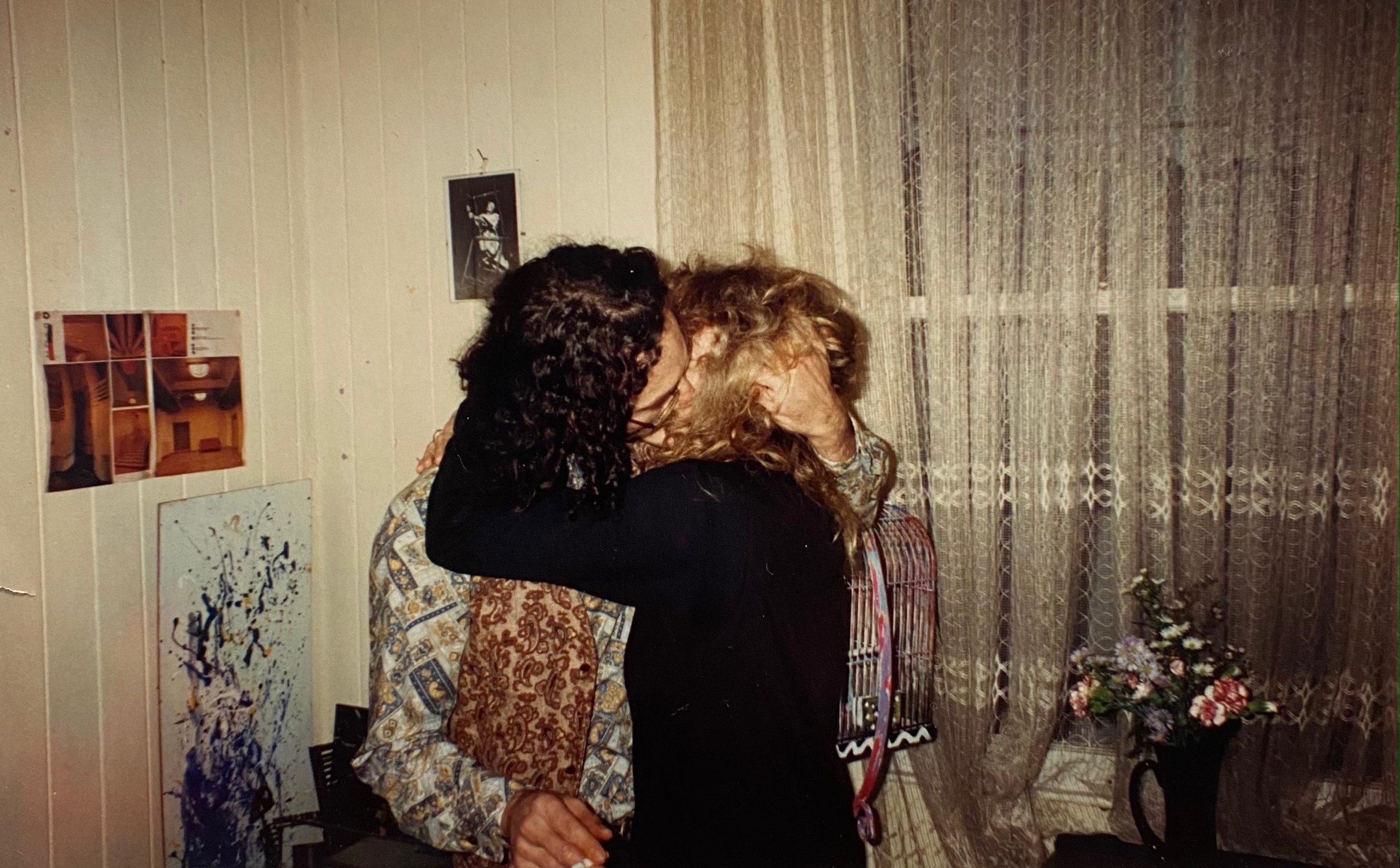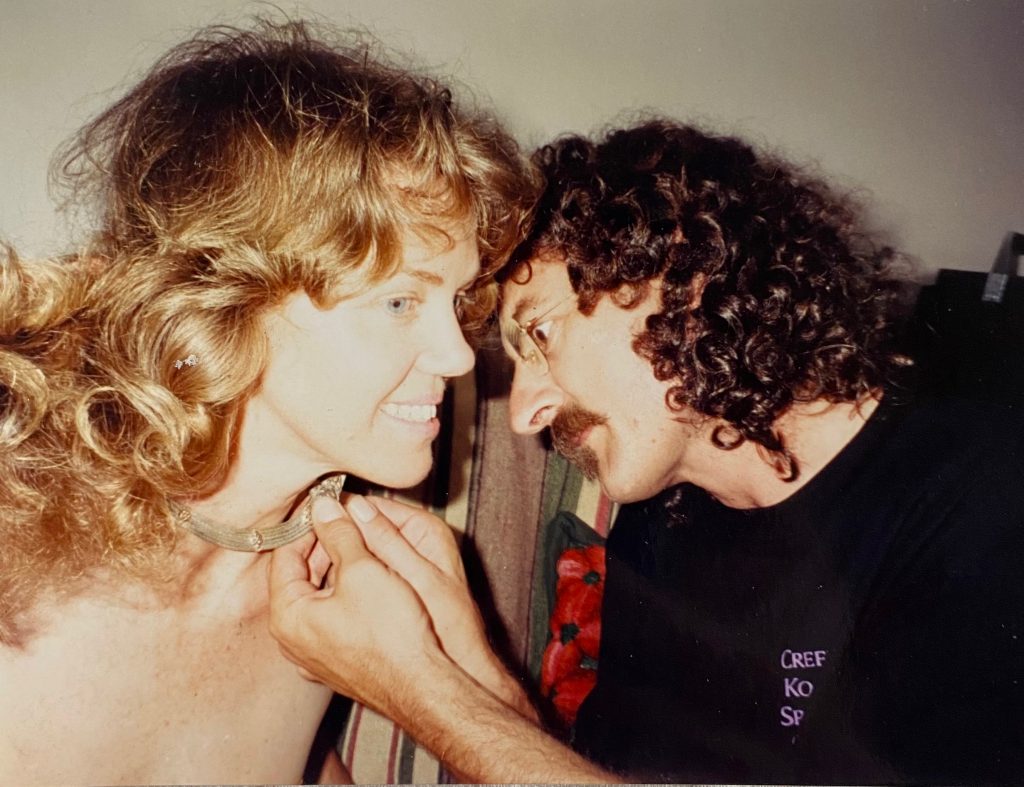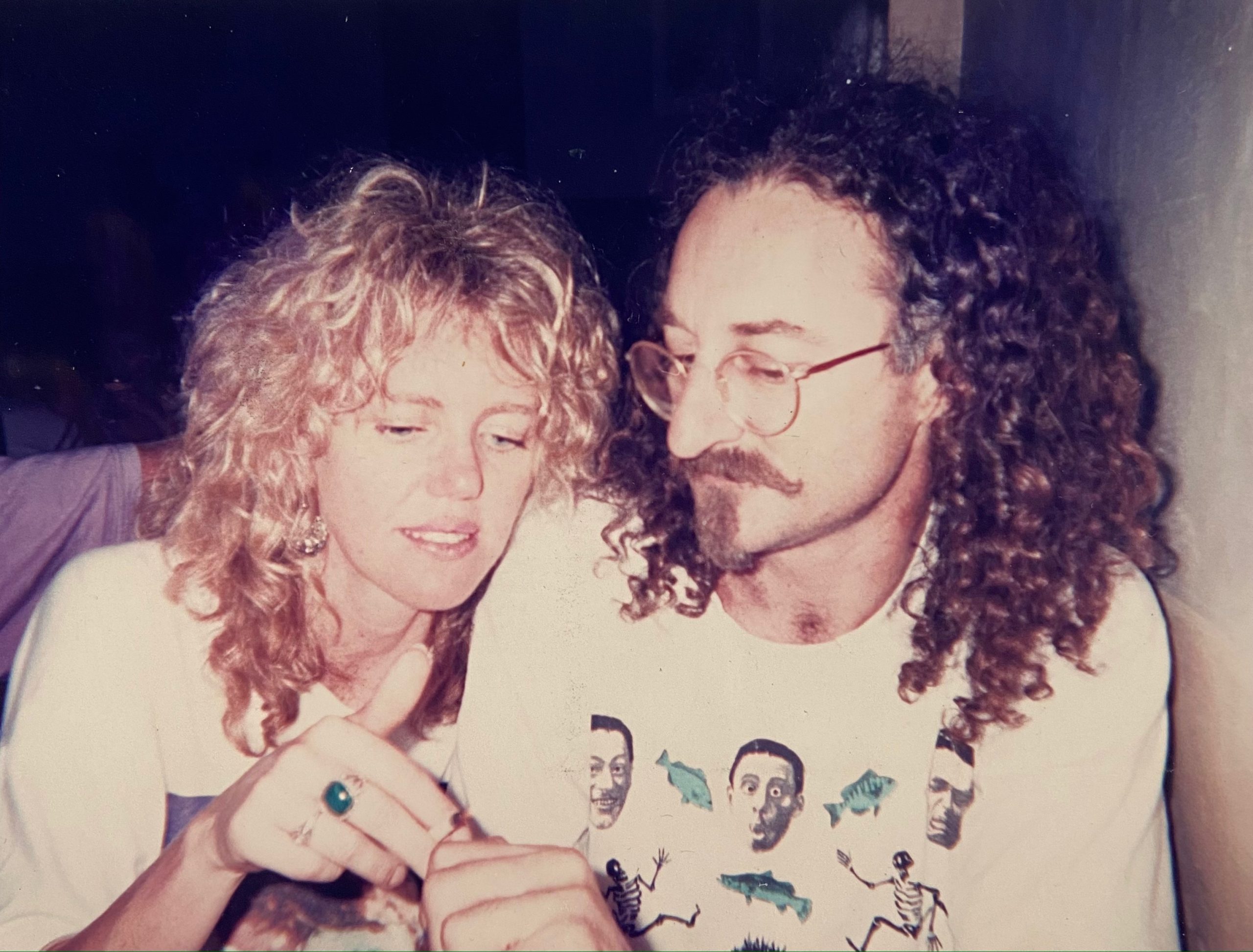
Is Love A Social Construct?
Words: Faith Thurnwald
Photos: Faith Thurnwald
*For the purpose of this article, let’s refer to ‘romantic love’ as, simply ‘love’.
Love: a worldwide phenomenon, I’ve yet to experience.
As someone who tends to apply a sociological, critical lens to life, and loves to state ‘it’s just a social construct’ at dinner parties, I admittedly have never given romantic love much –critical– thought. Feminist literature has scrutinized marriage as a socially constructed institution born out of the desire to own women and land.
We define sexuality as socially constructed, with the emergence of queer culture forcing us to seriously question hetero-normativity. But what about the binding force of both marriage and sexuality: what about romantic love? Is love a social construct?
‘Love becomes for her a religion’ – Simone De Beauvoir 1972
Is love an innate and inevitable force, an impenetrable human emotion, or is it simply constructed; have we made a fallacious fantasy in order to sell flowers, chocolates and diamond rings? The idea of romantic love or what it should or shouldn’t be is marketed in a way that makes it a social construct. Therefore perhaps it’s ok if I don’t particularly want to buy into this capitalist marketing tool?
At least I’ll keep telling myself that.
Love is social and cultural; it is why higher rates of divorce exist presently than previously seen before. People have not suddenly started falling out of love; rather divorce has become culturally and socially acceptable. Therefore history teaches us that love is not an innate, constant feature of life, but susceptible to cultural and social norms.
Love it viewed as a subjective feeling, too individual, too personal, too strong to be socially constructed. Yet when ‘love is blind’ and ‘you can’t choose who you fall in love with’, is love then not entirely, random… a product of ones social and cultural surroundings? These clichés we attach to love prove that perhaps love isn’t as subjective as we’d like to believe.
Feminist theory has certainly criticized romance. Heterosexual institutions of love, such as marriage have been painted as a process of self-annihilation that binds women to oppression. Let’s remember love wasn’t always a part of marriage, hell it’s a fairly recent requirement for tying the knot. It was due to this new development in marriage; love, that divorce rates changed too. If you’re marrying for love, divorce is more likely as love fades, or mutates into something closer to hate and resentment.
– I’m not even a child of divorce –
However, to argue that love is socially constructed rest entirely on the assumption that feelings are too, or at the very least are influenced by our behavior inside the social organism. This is undeniably true. We exist in the social organism, so too do our feelings. Unless you have a serious emotional deficit, we as social beings feel within the social organism. Therefore perhaps love is dependent upon it’s context in society.
Anthropologically the idea that we find one mate and choose to stay with them is at best ridiculous – and perhaps – at worst, dangerous. The idea that we must find romantic love to pass our genes onto the next generation, seems limiting, however also offers a great incentive to do so. Is love then simply a survival mechanism?
Perhaps it’s that at its core I find the narrative of romantic love, which society opposes on us through film and fairytales, limiting. It constructs a cardboard cutout life, a white picket fence fantasy that I do not fancy.
For More: ‘Liberal Feminism: A Death Cult?’



0 comments